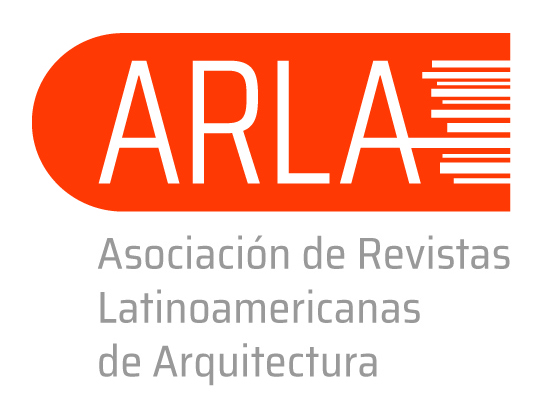Hortas comunitárias nos vazios urbanos como estratégia de requalificação de centros urbanos sustentáveis e saudáveis
DOI:
https://doi.org/10.14409/ar.v10i18.9609Palavras-chave:
Agenda 2030, desenvolvimento sustentável, hortas comunitárias, vazios urbanos, requalificação de centros urbanos.Resumo
Com base nos objetivos de desenvolvimento sustentável da Agenda 2030, entende-se a importância de buscar soluções que ajudem a mitigar os problemas da segurança alimentar que têm se intensificado com a pandemia da COVID-19, através do desenho mais adequado de nossas cidades. Assim, propõe-se a requalificação de centros urbanos como uma medida para o desenvolvimento urbano sustentável, uma vez que impõe o desafio de refazer a cidade existente, reinventando-a, de modo inteligente e inclusivo. Nesse sentido, as hortas urbanas podem ocupar os vazios urbanos e os miolos de quarteirão de centros urbanos consolidados. As hortas urbanas tem sido apontadas como importantes espaços multiuso, não só para produzir alimentos, mas também para disponibilizar espaços de lazer, essenciais para cidades que busquem a sustentabilidade e responsividade às necessidades dos habitantes locais. Concluindo, este artigo pretende fornecer subsídios para projetos de requalificação de centros urbanos, sugerindo a estratégia de inclusão das hortas urbanas em vazios urbanos e miolos de quarteirão ser replicada, considerando todos os seus possíveis benefícios, para melhorar a qualidade de vida nos centros urbanos e contribuir para a produção de cidades sustentáveis e saudáveis.
Publicado
Como Citar
Edição
Seção
Licença
ACCESO ABIERTO
ARQUISUR Revista es una publicación de acceso abierto y sin ánimo de lucro. No se imputan cargos por la recepción, revisión, evaluación, publicación ni acceso a sus contenidos. Se distribuye bajo una Licencia Creative Commons CC Atribución-NoComercial-SinDerivadas 4.0 Internacional (CC BY-NC-ND 4.0): No se permite un uso comercial de la obra original ni la generación de obras derivadas. Esta licencia no es una licencia libre, y es la más cercana al derecho de autor tradicional.
DESCARGO
Los criterios expuestos en los artículos son de exclusiva responsabilidad de sus autores y no reflejan necesariamente la opinión del Comité Editorial ni de la Dirección Editorial Técnica. Los derechos de los artículos publicados pertenecen a sus autores o editoriales. Los autores ceden sus derechos de publicación al Centro de Ediciones de la Universidad Nacional del Litoral de Santa Fe, Argentina.














